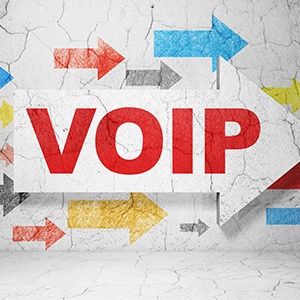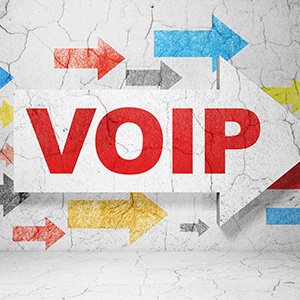Platform
Call Center
Get Started
Wanna subscribe to our blog?
Get updates once a month.
Platform
Call Center
Solutions
Get Started
Wanna subscribe to our blog?
We'll send you updates once a month.
Wanna subscribe to our blog?
Get updates once a month.
Wanna subscribe to our blog?
We'll send you updates once a month.

 A growing number of businesses are choosing to establish or evolve their contact center to a VoIP phone system infrastructure, so they can dramatically reduce costs, improve customer service, take advantage of advanced features and continuous innovation, and drive their organization ahead.
A growing number of businesses are choosing to establish or evolve their contact center to a VoIP phone system infrastructure, so they can dramatically reduce costs, improve customer service, take advantage of advanced features and continuous innovation, and drive their organization ahead.
However, as noted by CIO.com, contact center compliance breaches are astonishingly frequent – and among the most common violations have to do with PSI DSS.
PCI DSS – which stands for “payment card industry data security standard” – is an information security standard for companies that process, store and/or transmit credit card data from major issuers, including Visa, MasterCard, American Express, and JCB. The goal of PSI DSS is to minimize payment card data loss (both accidental and caused by malicious breach).
Conforming to PSI DSS isn’t a legal requirement. However, violations can lead to fines, sanctions and in some cases, having card acceptance privileges terminated – which lead to significant revenue and customer loss, along with enduring and possibly permanent reputation damage.
It goes without saying that you need your organization to be PSI DSS compliant at all times. Here are a series of best practices to help achieve this goal:
To learn more about getting the most out of a VoIP phone system – and helping your contact center be efficient, productive, profitable and of course, compliant – contact the Votacall team today. Your consultation with us is free.
For more information about hosted VoIP phone systems and the truth behind common myths, download our FREE eBook:
No Comments Yet
Let us know what you think